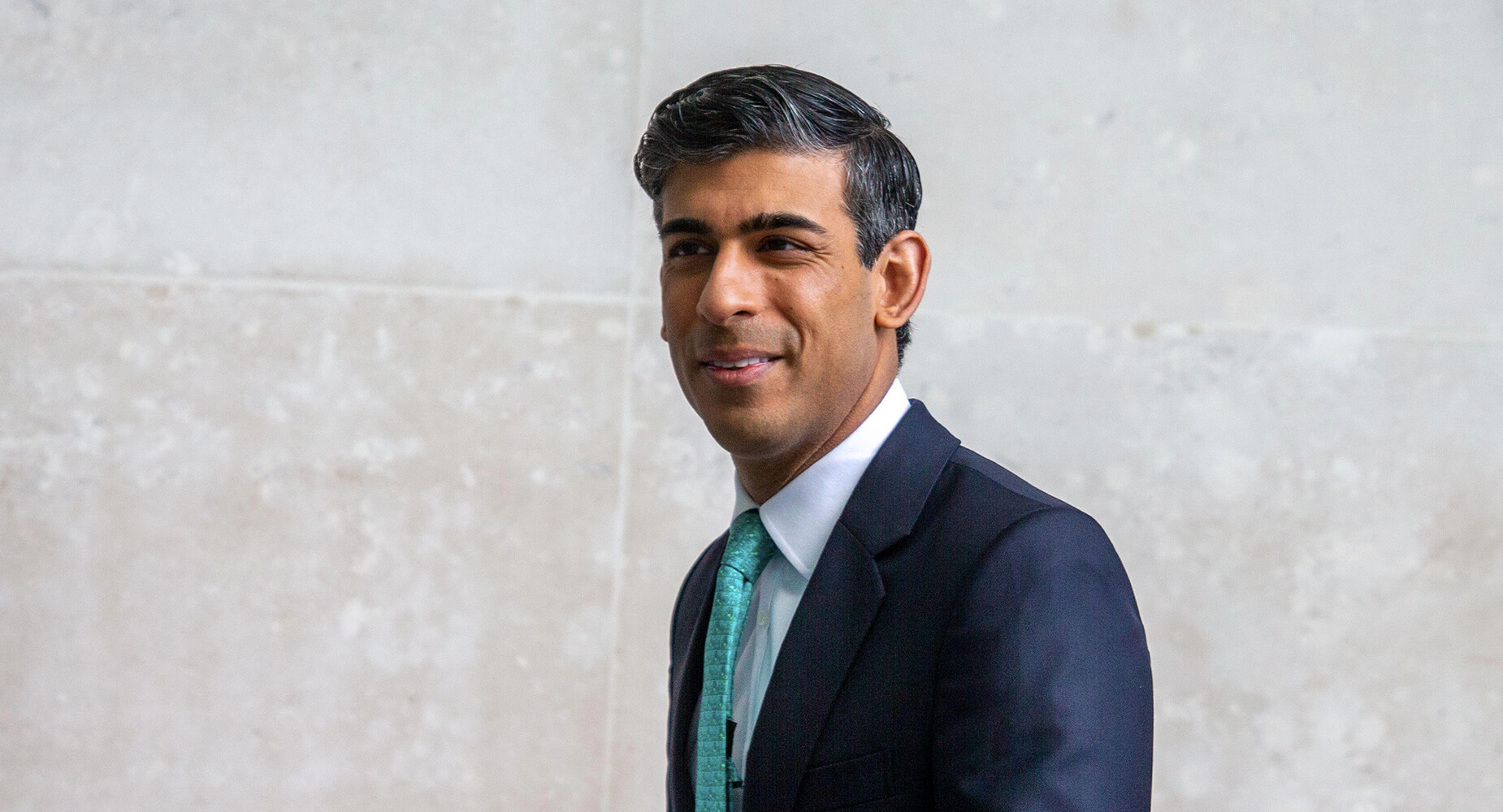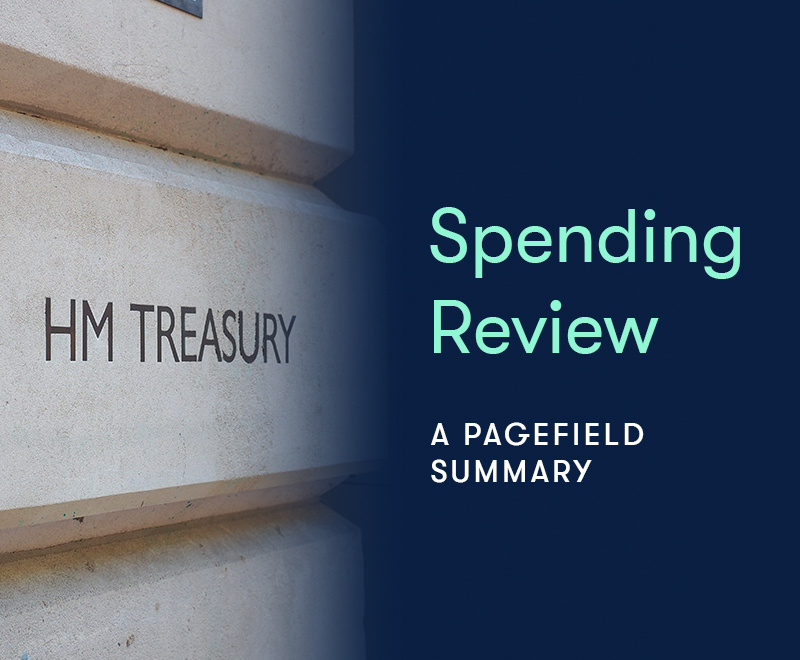Rishi Sunak has not had an easy ride as Chancellor, and today’s Spring Statement was certainly no exception.
Inflation and the subsequent cost-of-living concerns were already snapping at the Chancellor’s heels at the time of his last Budget in Autumn last year. However, Russia’s invasion of Ukraine has turned a bad situation into a full-blown crisis with loud voices from the opposition, the wider public, and his own party’s back benches calling for the Chancellor to ditch his fiscal rules and provide immediate relief to consumers to help shield them from the ravages of rising prices.
This has put Sunak in an unenviable position. Keen to assert his Thatcherite principles of fiscal discipline, low state spending, and fully costed tax cuts, the Chancellor was clearly reluctant to splurge more taxpayer cash on expensive spending commitments which would have been financed by increased borrowing.
Furthermore, the Chancellor’s own reputation in the past few months has taken a battering from Conservative MPs and Party members who have complained about his tendency to increase taxes, and his reluctance to boost defence spending – two things which have been viewed as very ‘un-Conservative’.
In addition to this, there has been a keen desire within the Party to move away from the eye-watering levels of spending seen throughout the pandemic which, though acceptable at the time of the crisis, are now deemed to be wholly unpalatable.
In light of all this, the Chancellor’s options were limited to say the least, and the imminent and universal nature of the rising cost of living, with inflation in February hitting 6.2%, and energy bills set to increase by over 50% next month, means that doing nothing was not an option.
Despite this precarious context, today’s Statement has attempted to address all these concerns. There is little Conservatives love more than tax-cuts and Sunak certainly delivered. A 5p cut to Fuel Duty for the next year and the increase of NIC threshold by £3000 are significant reductions and will benefit ordinary workers’ pay packets.
The Chancellor had to deliver some stimulus to the economy and by resisting calls for a windfall tax, or increased state intervention in the form of spending, and opting for tax-cuts instead, he will have gained a lot of political goodwill in the Party.
Furthermore, Sunak has already begun to lay the groundwork for the next election and set out what his economic policy, post-Covid, will be.
His announcement that he intends to review the current business tax and tax credit regime in order to boost private investment from businesses into skills, research & innovation, and capital infrastructure, will certainly be welcomed by economists and businesses, who had balked at the planned increase in Corporation Tax.
It will also emphasise that Sunak will aim to address the UK’s chronically anaemic growth in productivity and economic output by incentivising businesses to invest more, and not through state measures.
The final rabbit pulled out of Rishi’s hat was a 1p reduction in the basic rate of income tax from 20p to 19p, to be implemented by the end of the Parliament in 2024.
Given the rather gloomy economic outlook this all but confirms that the next election will probably take place in 2024 and not, as some have speculated, as early as next year.
Looming over all of this of course was the rather depressing economic outlook.
Sunak made the rather chilling point that current forecasts from the Office of Budget Responsibility (OBR) had not yet taken the war in Ukraine into account, and as a result the economic outlook is almost certain to deteriorate further.
With that in mind it is no wonder that the budget was rather policy-light, and with the Chancellor confirming that the UK is set to spend at least £80 billion on debt interest this year (more than the Defence and Home Office budget combined), he is unlikely to have much fiscal headroom for many more giveaways for quite some time.
The question then is what will Sunak be able to announce in the run up to the next election? With two years to go and two pretty large tax giveaways out the bag already, the Chancellor will have to offer more if the Tories want to win an unprecedented fifth term at the next election.



